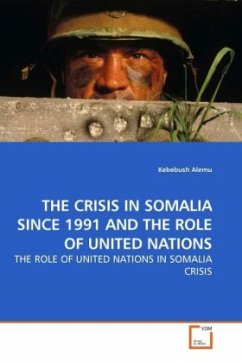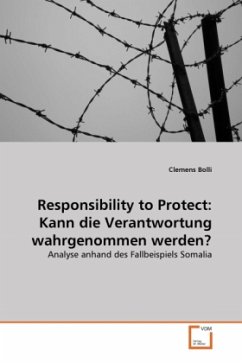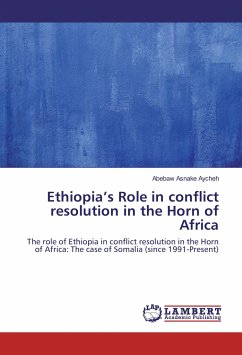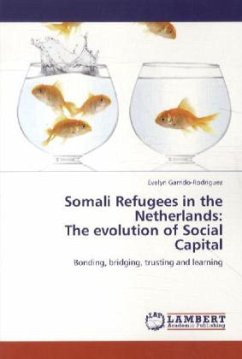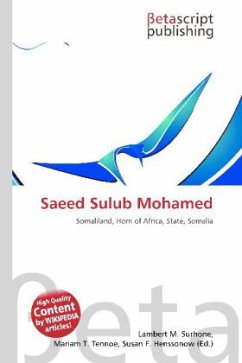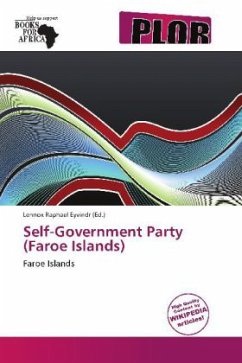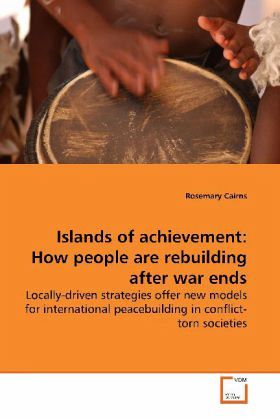
Islands of achievement: How people are rebuilding after war ends
Locally-driven strategies offer new models for international peacebuilding in conflict-torn societies
Versandkostenfrei!
Versandfertig in 6-10 Tagen
32,99 €
inkl. MwSt.

PAYBACK Punkte
16 °P sammeln!
This book explores lessons that internationalpeacebuilders can draw from two societies that haverebuilt after destructive conflict - one in Africaand one in the Balkans. In Somaliland, local peopledeveloped an innovative, democratic system ofgovernance that suited their traditions and culture,and rebuilt their devastated society with little helpfrom the outside world, which was focused on tryingto rebuild Somalia as a state. Bosnia''s Br koDistrict was a key area for all warring partiesduring the 1992-5 Bosnian war, and the question ofwho would control it almost derailed the Dayton peacenegoti...
This book explores lessons that international
peacebuilders can draw from two societies that have
rebuilt after destructive conflict - one in Africa
and one in the Balkans. In Somaliland, local people
developed an innovative, democratic system of
governance that suited their traditions and culture,
and rebuilt their devastated society with little help
from the outside world, which was focused on trying
to rebuild Somalia as a state. Bosnia''s Br ko
District was a key area for all warring parties
during the 1992-5 Bosnian war, and the question of
who would control it almost derailed the Dayton peace
negotiations that ended the war. International
arbitration, supervision, and investment focused on
creating a District in which local people could, if
they wanted to, rebuild a peaceful, sustainable,
multi-ethnic society. Exploring the similarities, and
differences, in locally-driven peacebuilding in these
two ''islands of achievement'' suggests new ways that
international peacebuilders can work with people
living in societies that have been torn apart by
conflict.
peacebuilders can draw from two societies that have
rebuilt after destructive conflict - one in Africa
and one in the Balkans. In Somaliland, local people
developed an innovative, democratic system of
governance that suited their traditions and culture,
and rebuilt their devastated society with little help
from the outside world, which was focused on trying
to rebuild Somalia as a state. Bosnia''s Br ko
District was a key area for all warring parties
during the 1992-5 Bosnian war, and the question of
who would control it almost derailed the Dayton peace
negotiations that ended the war. International
arbitration, supervision, and investment focused on
creating a District in which local people could, if
they wanted to, rebuild a peaceful, sustainable,
multi-ethnic society. Exploring the similarities, and
differences, in locally-driven peacebuilding in these
two ''islands of achievement'' suggests new ways that
international peacebuilders can work with people
living in societies that have been torn apart by
conflict.



